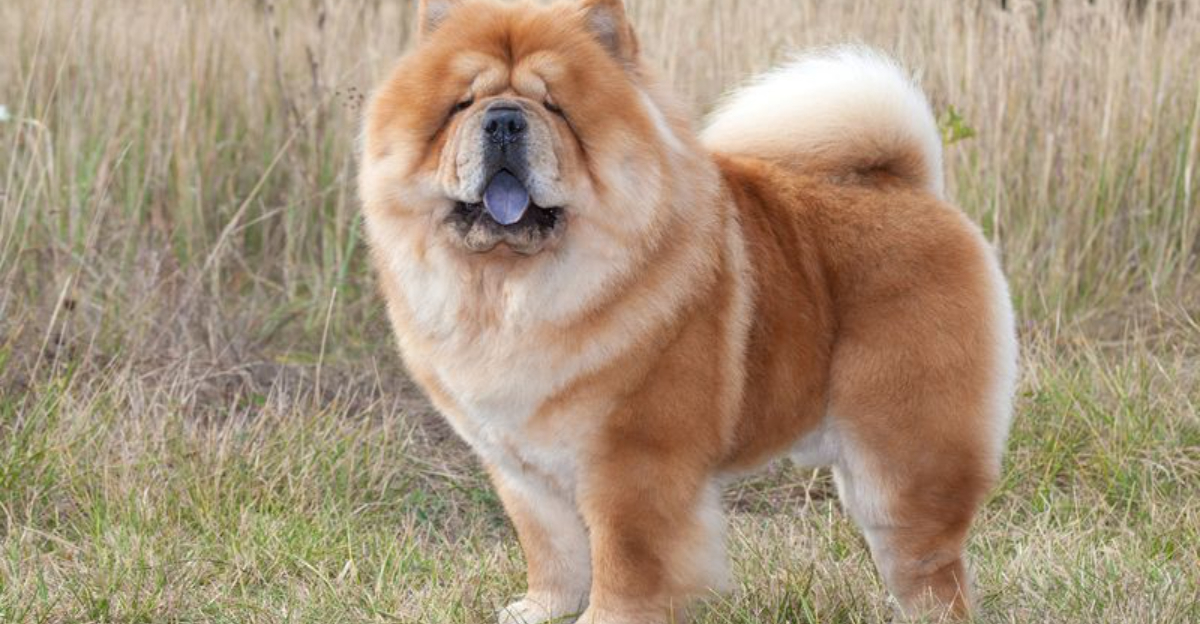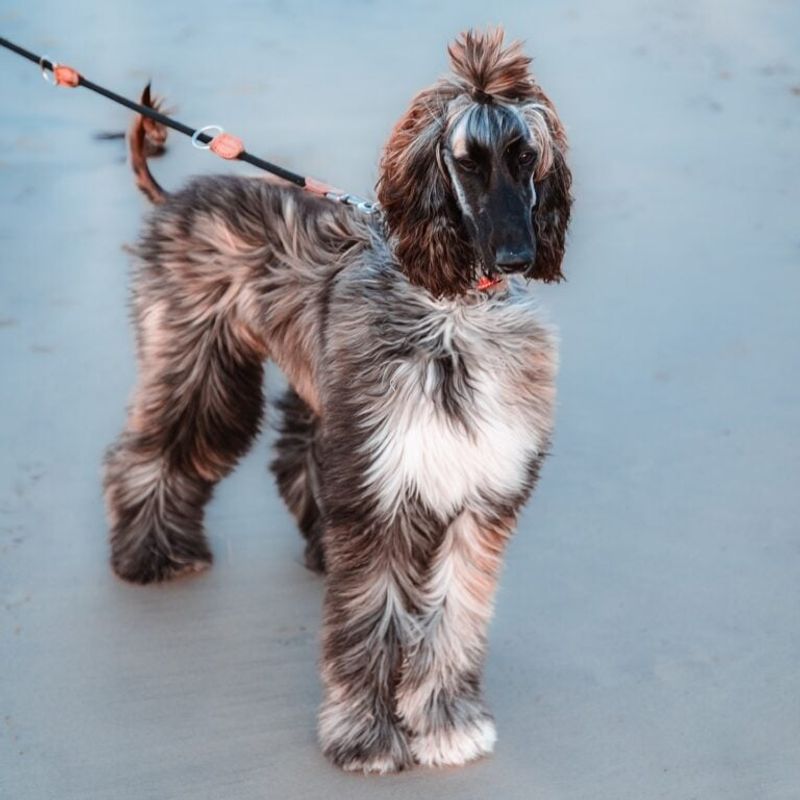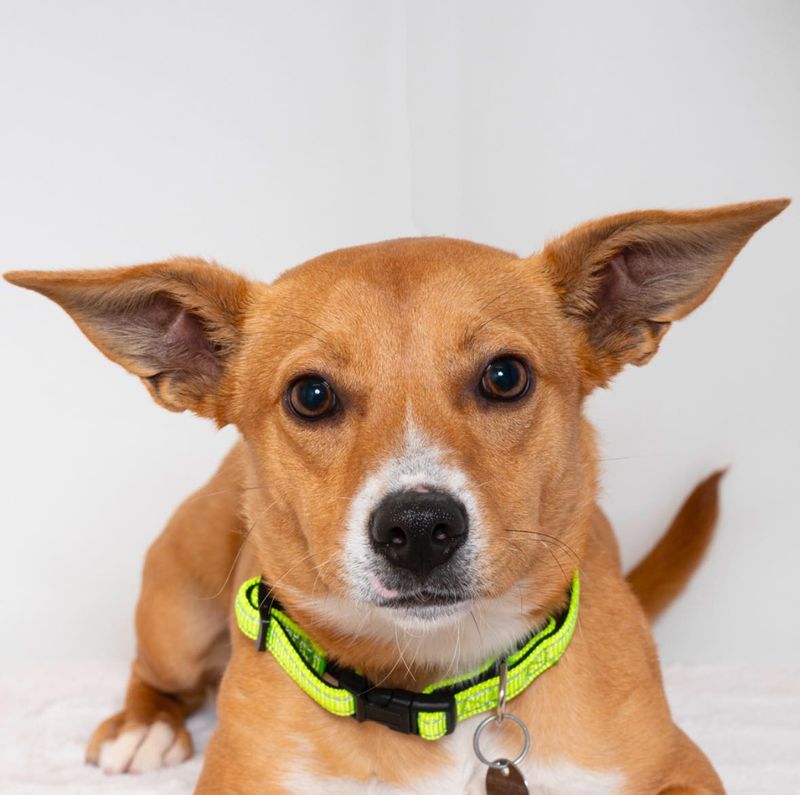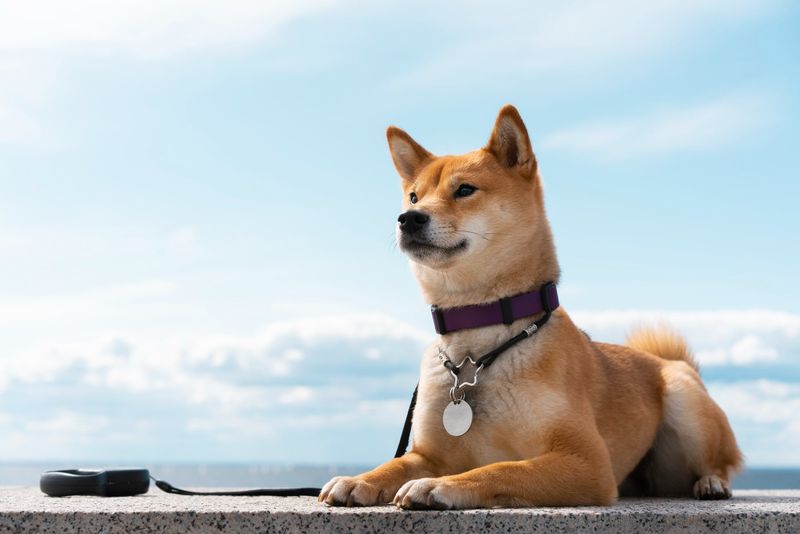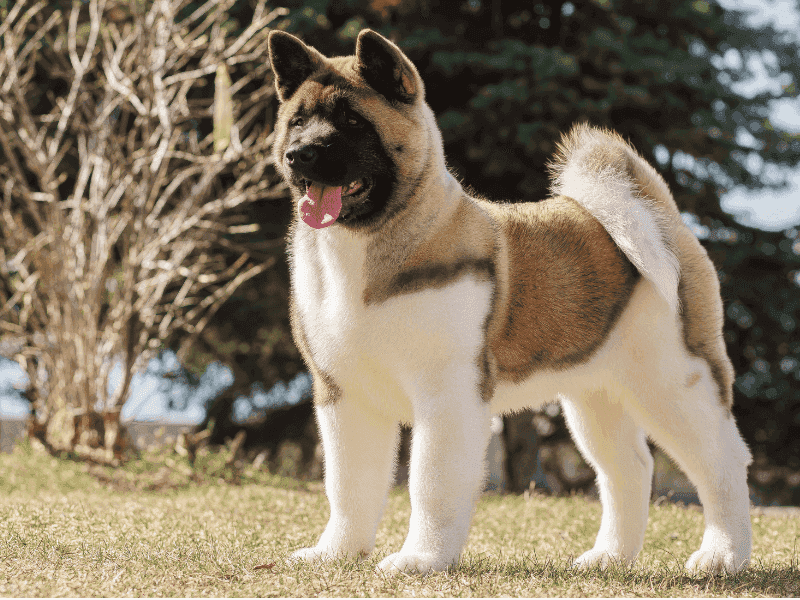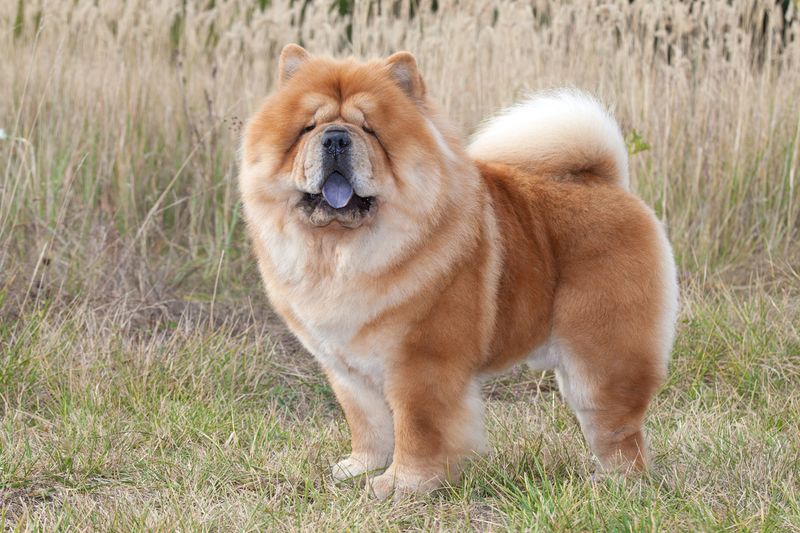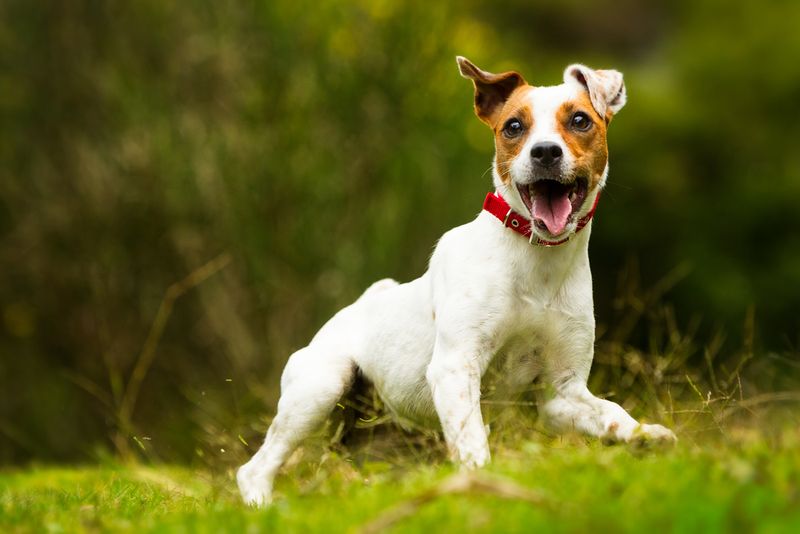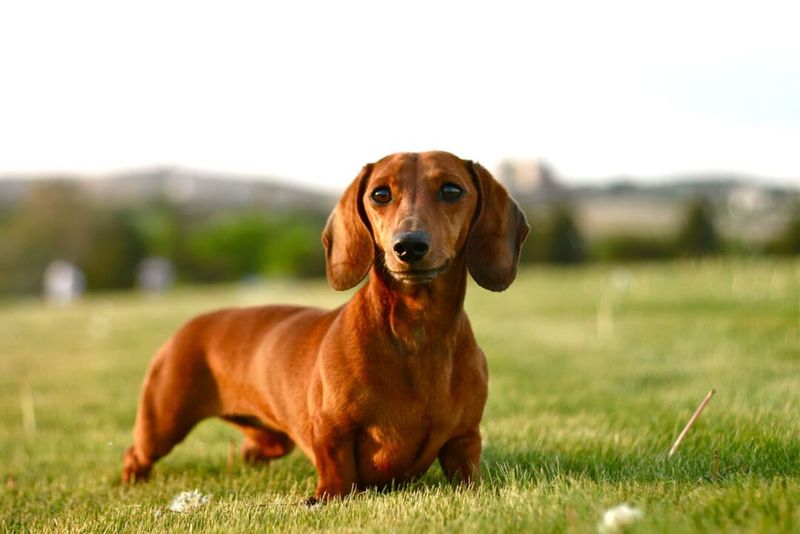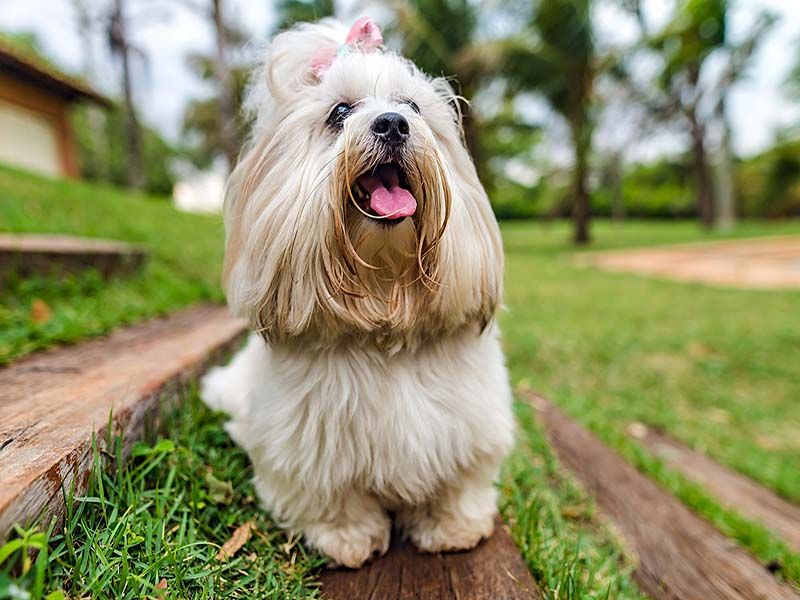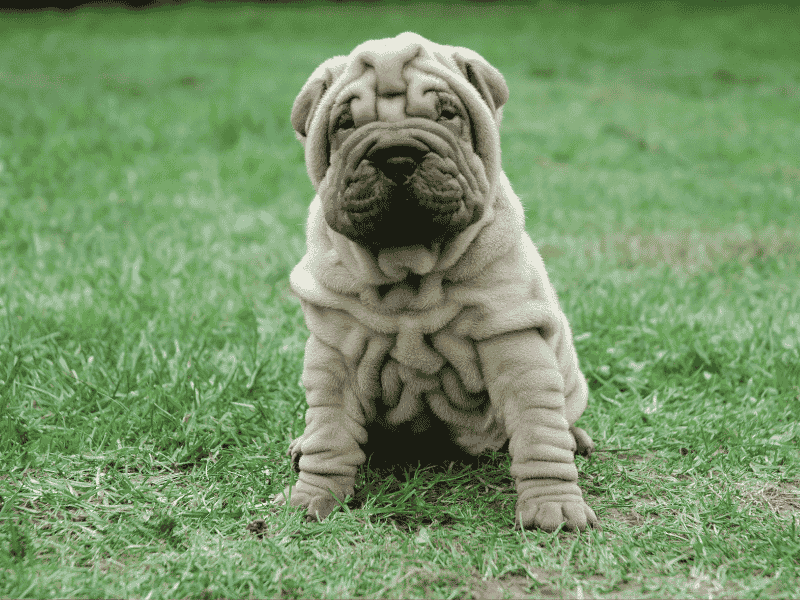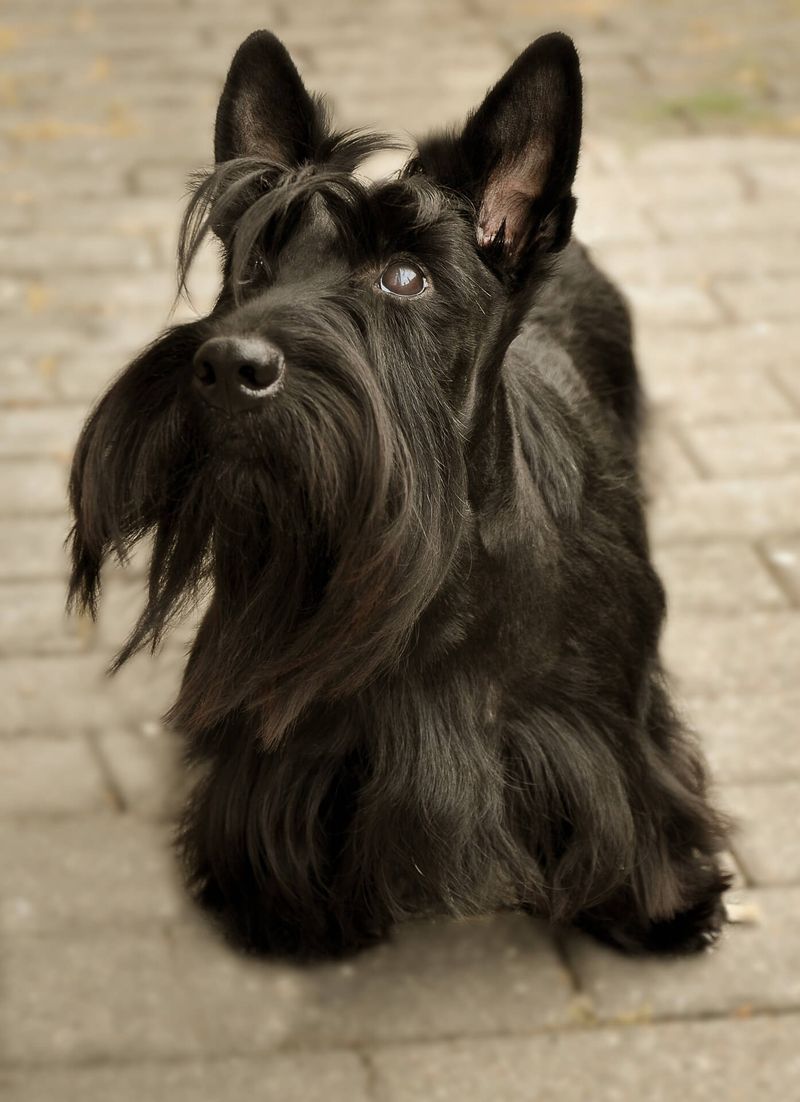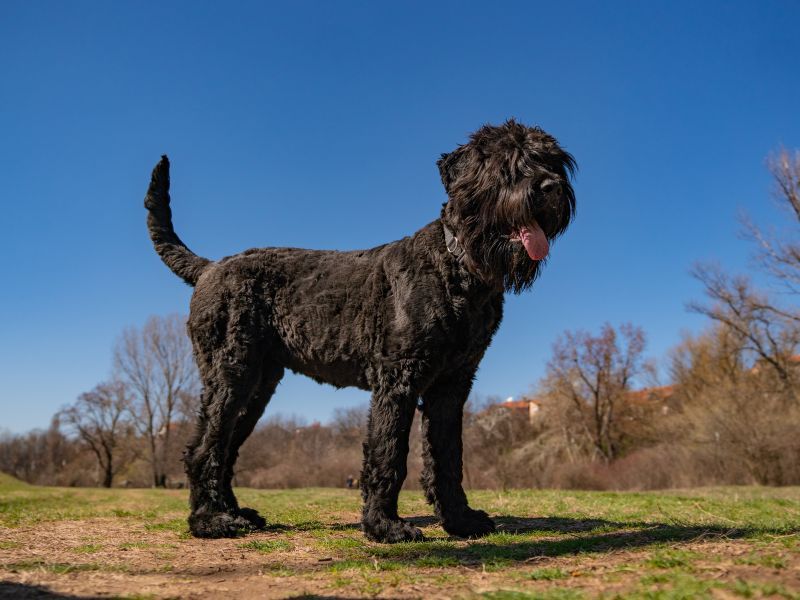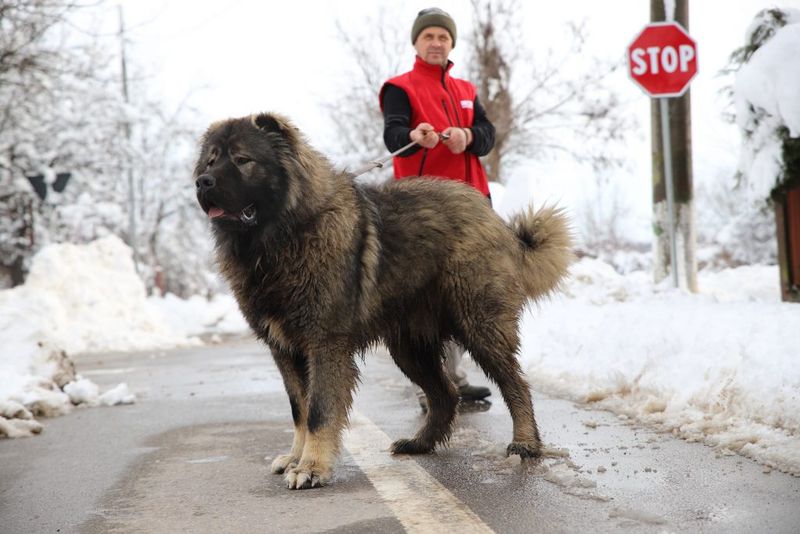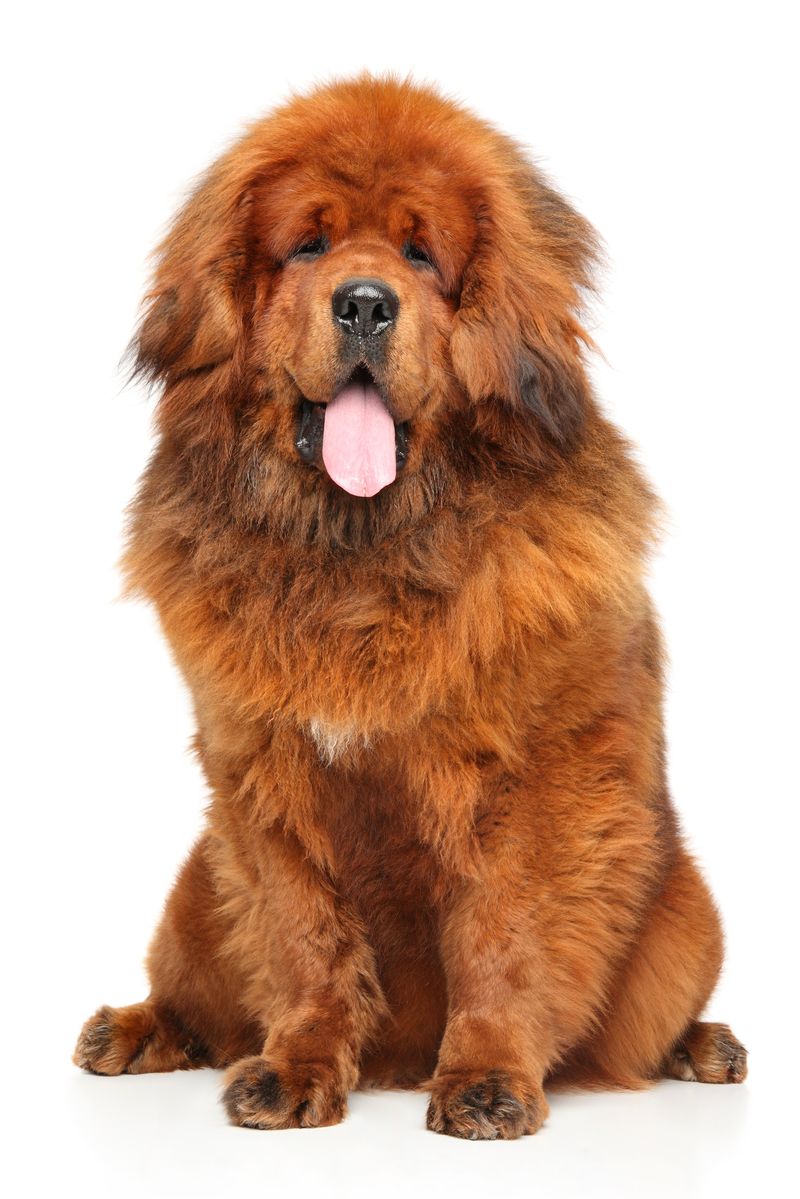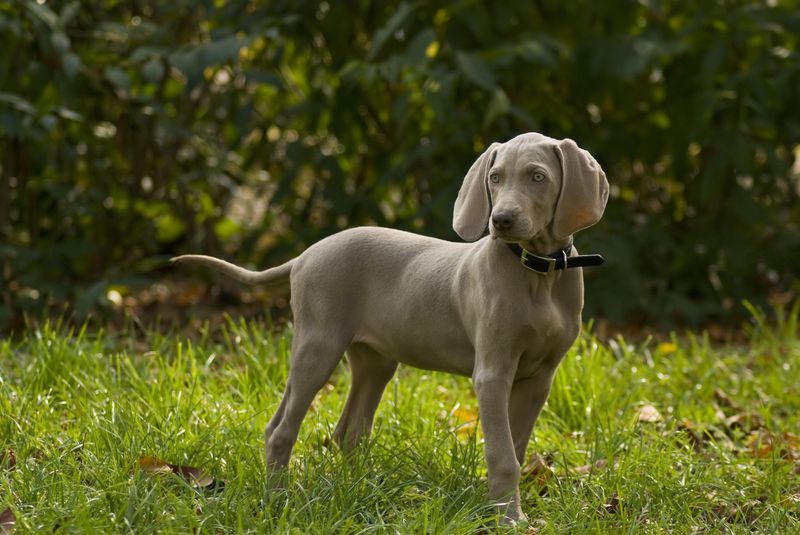Socializing dogs is an essential aspect of pet ownership, helping them to integrate better into human environments. However, not all dog breeds adapt easily to socialization. In this blog post, we explore 15 dog breeds known for being particularly challenging when it comes to socializing. Whether due to their independent nature or strong protective instincts, these breeds often require extra patience and understanding from their owners. Here are the breeds that might pose a challenge in social settings, along with tips on how to manage them effectively.
Afghan Hound
The Afghan Hound, with its elegant appearance and flowing coat, often seems aloof and distant. Originating from the cold mountains of Afghanistan, these dogs have a strong-willed nature. Their independent spirit and tendency to be selective in forming bonds make them hard to socialize.
Owners should introduce Afghan Hounds to social situations gradually. Patience is crucial, as these dogs may not readily engage with strangers. Activities that emphasize positive interactions, such as gentle play sessions, can help build their social confidence.
Basenji
Known as the “barkless dog,” the Basenji is famous for its yodel-like sound and cat-like independence. Originating from Central Africa, Basenjis are curious and intelligent but can be quite reserved. Their independent nature can make them difficult to socialize.
Early socialization is vital for Basenjis, with exposure to various environments and people. Positive experiences will help them build trust and reduce their natural wariness. Engaging them in playful activities can also promote social skills.
Shiba Inu
The Shiba Inu, a breed hailing from Japan, is known for its spirited personality and fox-like appearance. They are often wary of strangers and can be quite independent, making socialization challenging.
To socialize a Shiba Inu, start early and use positive reinforcement methods. Taking them to dog-friendly areas where they can interact with other pets and people is beneficial. Consistency in training and exposure will help them become more adaptable in social settings.
Akita
With roots in Japan, the Akita is a powerful breed known for its loyalty and protective nature. However, this same protective instinct can make them wary of strangers and difficult to socialize.
When socializing an Akita, it’s important to start young, introducing them to a variety of people, pets, and environments. Positive reinforcement and consistent training are key to helping them become more open and social. Activities that involve collaboration can also assist in building trust.
Chow Chow
Chow Chows are as independent as they are fluffy. With origins tracing back to ancient China, these dogs have a reputation for being reserved and aloof. While their lion-like mane and regal demeanor make them appealing, their independent streak can be a challenge. Chow Chows may bond closely with one person in the family, showing minimal interest in others.
Socializing a Chow Chow requires patience and consistency. Early introduction to new experiences, people, and environments is key. Training should focus on positive reinforcement to encourage social engagement.
Jack Russell Terrier
Jack Russell Terriers, small but with boundless energy, are known for their strong wills and intelligence. Their energetic nature and independent thinking can pose challenges in socialization.
To effectively socialize a Jack Russell Terrier, early and consistent exposure to diverse environments is essential. Interactive play and positive reinforcement can help in building their social skills. They thrive in active settings where they can channel their energy positively.
Dachshund
Dachshunds, with their long bodies and determined personalities, are both charming and challenging. Their independent nature and protective instincts can make socialization difficult. Originating from Germany, they were bred for hunting, which adds to their strong-willed character.
Socializing a Dachshund requires patience and a calm approach. Early exposure to different people and environments, along with positive reinforcement, can aid in their social development. Engaging them in playful activities helps build confidence.
Lhasa Apso
The Lhasa Apso, with its distinctive long coat, originates from Tibet and was traditionally used as a sentinel dog. Their protective nature and aloofness toward strangers can make them challenging to socialize.
Introducing a Lhasa Apso to social situations should start at a young age. Early exposure to different environments and positive reinforcement methods can help them become more sociable. Their keen sense of observation means they appreciate gentle, patient introductions to new experiences.
Shar Pei
Shar Peis, known for their distinctive wrinkles and blue-black tongues, are often aloof and wary of strangers. Originating from China, they have been bred as guard dogs, which contributes to their cautious nature.
Socializing a Shar Pei involves early introduction to various social situations, focusing on positive reinforcements. Patience and consistency are crucial as they can be stubborn. Encouraging interactions in a controlled environment can help build trust and social skills.
Scottish Terrier
Scottish Terriers, known for their distinctive beards and dignified posture, are fiercely independent. Their strong-willed nature and tendency to be reserved around strangers can make socialization a challenge.
To socialize a Scottish Terrier, early exposure to people and varied environments is essential. Consistent training with rewards can encourage positive interactions. Activities like agility courses can also help them become more comfortable in new settings.
Russian Black Terrier
Russian Black Terriers, bred for military purposes, are known for their strength and intelligence. Their protective instincts can make them wary of strangers, posing challenges in socialization.
Socializing a Russian Black Terrier requires early and consistent efforts, focusing on positive reinforcement. Introducing them to diverse environments and experiences will help them become more adaptable. Activities that involve teamwork and trust-building can foster social skills.
Caucasian Shepherd
The Caucasian Shepherd, bred to protect livestock, is known for its formidable size and strong protective instincts. Their wariness of strangers and independent nature can make them difficult to socialize.
Begin socializing a Caucasian Shepherd early, focusing on positive interactions with diverse experiences. Consistent training and patience are vital for building trust. Controlled environments where they can observe and gradually engage with others can aid their social development.
Tibetan Mastiff
Tibetan Mastiffs, with their massive size and guardian instincts, are both awe-inspiring and challenging. Originating from the Himalayas, they are protective and often wary of strangers.
Socializing a Tibetan Mastiff entails patient and consistent efforts. Early exposure to different social situations and positive reinforcement can help reduce their natural reserve. Engaging them in activities that promote trust and collaboration is beneficial.
Chihuahua
Despite their small size, Chihuahuas have big personalities and a strong sense of independence. Their tendency to be selective about their companions can make socialization a challenge.
For effective socialization, introduce a Chihuahua to various environments and people from an early age. Positive reinforcement and gentle handling are crucial in building their social comfort. Activities that allow them to explore and interact at their own pace are helpful.
Weimaraner
Weimaraners, known for their sleek silver coats, are energetic and intelligent. Their need for proper training and socialization arises from their strong prey drive and independence.
Socializing a Weimaraner involves consistent exposure to different social settings and positive reinforcement. Activities like obedience training and group play can help them develop better social skills. Their keen intelligence requires engaging and varied experiences to keep them well-adjusted.
